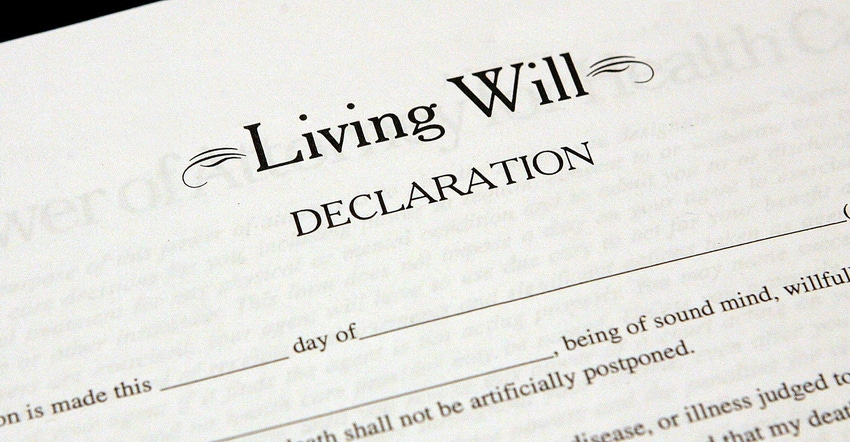
We regularly receive calls at our firm regarding decisions that a family member or friend is making. These calls usually involve a person who appears to have made changes to his will or trust that seem questionable. The caller asks what can be done to keep the person from making bad decisions. The answer, like most legal answers, depends on the circumstances of each situation. However, oftentimes, there is little that can be done.
Only people who have legal capacity can execute a valid will or trust. Ohio law provides tests to determine if someone has legal capacity. To show legal capacity, a person must meet each of the following conditions: 1) understand the nature of the business; 2) comprehend generally the nature and extent of his property; 3) hold in his mind the names and identities of those who have the natural claim on his bounty; and 4) be able to appreciate his relationship to members of his family. To summarize these four tests, a person must know he is executing a will or trust and understand what a will or trust does, understand what assets he owns and a rough idea of the values, and know who his family members are and what relation they are to him.
An attorney who may have questions regarding the legal capacity of someone wanting to change his or her will or trust will usually ask the questions listed above to ascertain legal capacity. If the person cannot answer the four questions sufficiently, the attorney should not allow the person to execute a new will or trust. In lawsuits challenging legal capacity, the attorney who drafted and witnessed the will is usually the prime witness. The attorney’s testimony will go a long way in establishing the person’s legal capacity.
Notice that the tests for legal capacity do not include making good decisions as to who receives what assets through the will or trust. For example, if a person can answer the four tests adequately, he or she can leave all of the assets to one child and none to the other. Or, the person can leave all assets to a charity or friend rather than family. A court will almost never interfere with someone’s will or trust so long as the person had legal capacity when signing the document. For example, even if someone makes a new will that leaves everything to the child who never worked a day in his or her life and leaves nothing to the child who helped the parent every day, the court will not overturn a will just because it is unfair. If the parent had legal capacity, the court will honor the parent’s wishes in the will.
Another aspect to this issue is when one family member feels like another family member (usually a sibling) is influencing someone (usually a parent) to change his or her will to the benefit of the other family member. Again, so long as the parent has legal capacity, the court will almost always honor the will. One exception is undue influence, which is when a person who has influence over a person uses the influence in an undue manner to cause the person to change the will in a way that he or she would not have without the undue influence. Undue influence is typically very hard to prove, because the only person who could testify with certainty is dead. Undue influence must be proved with circumstantial evidence. A court will presume that a will or trust reflects the person’s last wishes for his or her assets, and the person asserting the undue influence must overcome this presumption with circumstantial evidence. This is difficult to accomplish. Undue influence is sometimes proven and a will or trust invalidated, but this is the exception and definitely not the norm.
Contact Moore, an attorney at law, via email at [email protected]; cellphone, 614-648-8728; office, 740-990-0751; fax, 740-417-4411; by mail at 92 N. Sandusky St., Suite 300, Delaware, OH 43015; or at ohiofarmlaw.com.
About the Author(s)
You May Also Like




